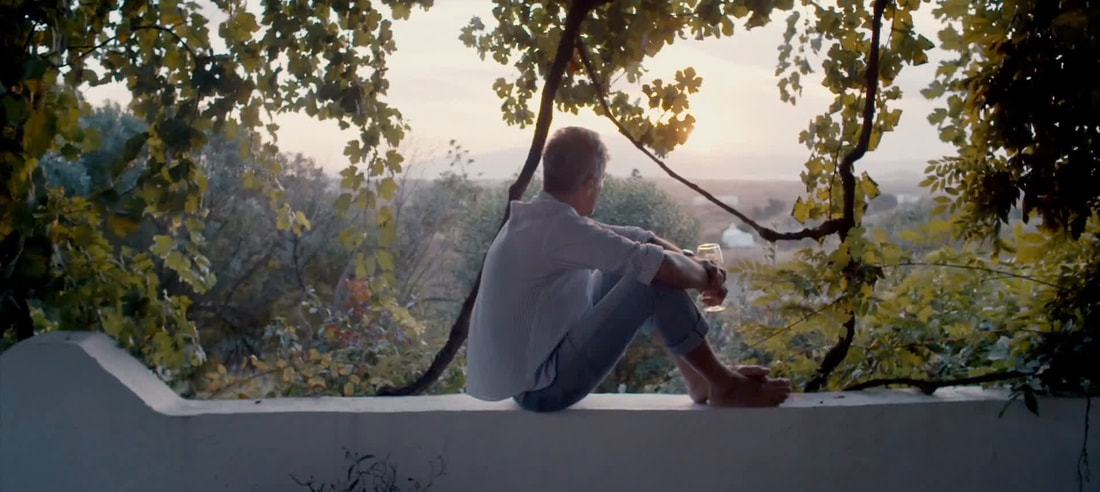Perhaps this was always the best a documentary on Bourdain could do. For a man who talked so much about so many things, personal and otherwise, the task is one of editing his words together into a coherent, bite-sized whole. Roadrunner resists this tack and hagiography in general, because no one who fashions himself after Hunter S. Thompson is going to lack for unflattering anecdotes. As Neville moves away from Bourdain’s biography and towards the end of his life, the clips are exchanged for talking heads from his friends and associates. Difficulties on set are relayed through crew members, where the frustration of turning around episodes in distant lands break through at the same time that the presumed gratitude of being able to work on a travel show makes Bourdain feel guilty for complaining at all. The mother of Bourdain’s daughter/ex-wife is interviewed extensively, and provides a window into their time together, revealing a Bourdain who took to fatherhood while still being the obsessive person who’d drop everything for judo practice, a skill that he translated into actual success in the martial arts field.
As difficult a person as Bourdain could be, the film’s greatest opprobrium is saved for Bourdain’s final girlfriend. Asia Argento is all but accused of driving Bourdain to his death in a sickening stretch. Neville stacks the deck by including a scene of her filming an episode of Parts Unknown when she interrupts a sensitive interview to correct for some technical aspect, as if something like that never happened in the dozens of episodes of the show. Is the alternative getting a poorly recorded interview and then asking this shaken refugee to repeat it from the start? Argento, a pivotal figure in the Harvey Weinstein case, spins Bourdain up as an advocate for women’s rights, something that talking heads criticize Bourdain’s passion for as merely his latest obsession, and his over-eagerness supposedly drives Argento into the arms of someone else. Broken-hearted, Bourdain is found dead in hotel room. Nevillle goes out of his way to include exculpatory talking heads that absolve Argento, but he wouldn’t have included them if they weren’t necessary to counter a narrative that he created. Suicide has a hundred fathers, and it’s cheap and tawdry for the film to speculate at all, especially when Argento is not a participant in the film.
Roadrunner stands out amongst documentaries about dead celebrities by lingering on the subject’s death in a manner that reeks of exploitation. Documentaries about subjects ranging from Amy Winehouse to Chris Farley understand that distraught talking heads saying the same thing about grief are not compelling. Neville does not. How many times can the viewer be moved by a talking head lamenting their dead friend before they can imagine Neville behind the camera, fist-pumping at another heartstring-pulling moment that he can put in his film? That kind of manipulation marks Roadrunner all the way to the end. Bourdain’s friend and artist Dave Cho defaces an LA street mural of Bourdain over the credits, a symbolic move of resistance to hero worship that the film would cosign while also not itself interrogating beyond a surface level. This guy was occasionally salty to directors of his TV show, ooooo. He was annoyed by all the people who wanted to take a selfie on the street, wooooow. Then, with some extratextual reading, the viewer learns that the mural was made by the film’s producers to be defaced by Cho, and Roadrunner becomes an ouroboros of the kind of self-congratulatory edginess that Bourdain would’ve scoffed at as dishonest and false. A famous episode of Parts Unknown has Bourdain sink into rage and despair after Sicilian octopus fishers fake a harvest, and don’t even bother to fake it well. Neville has turned himself into those men, and this viewer into Bourdain, drowning himself in frustration/liquor at a wasted opportunity. C-

 RSS Feed
RSS Feed